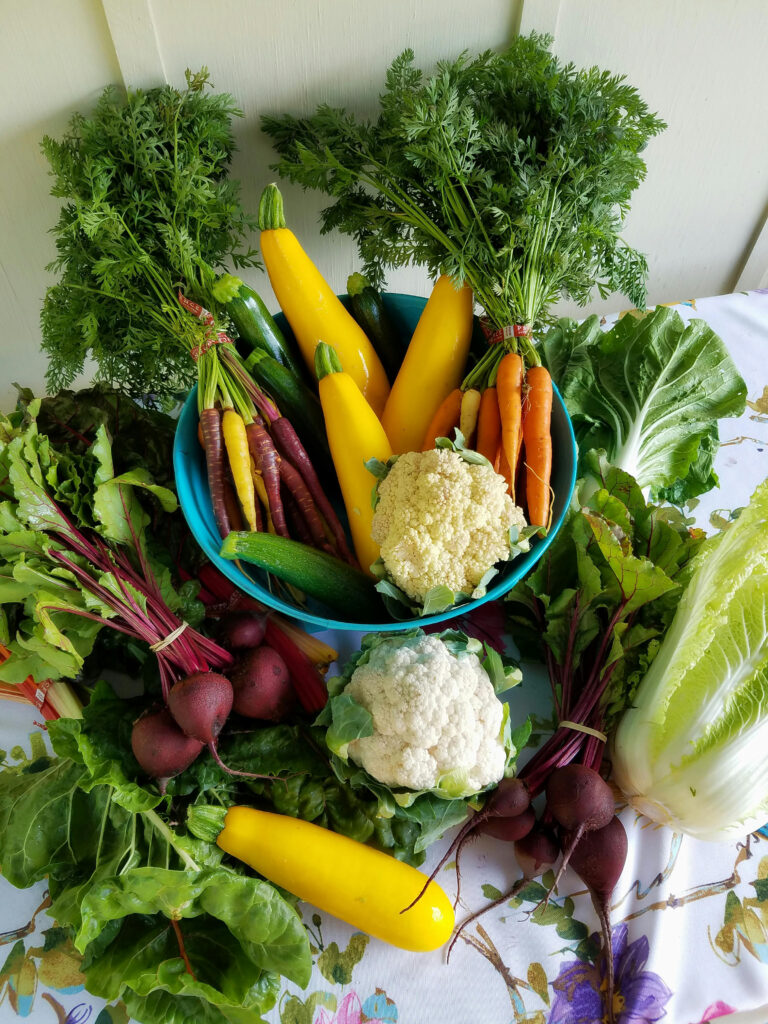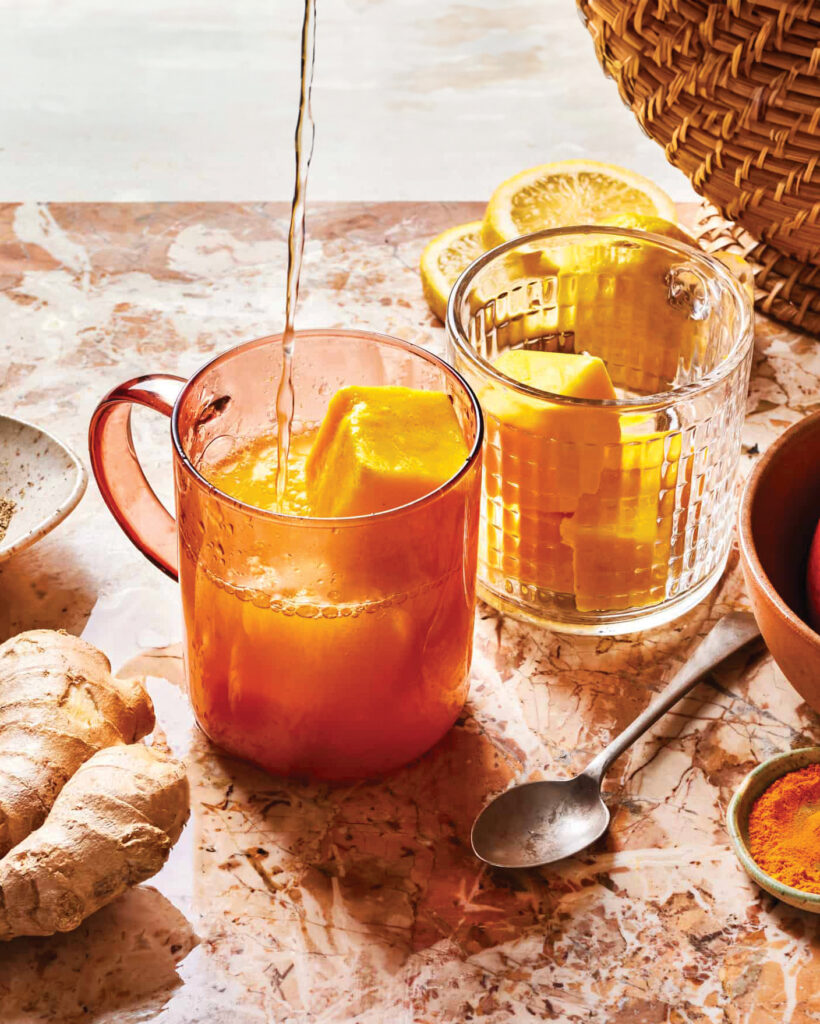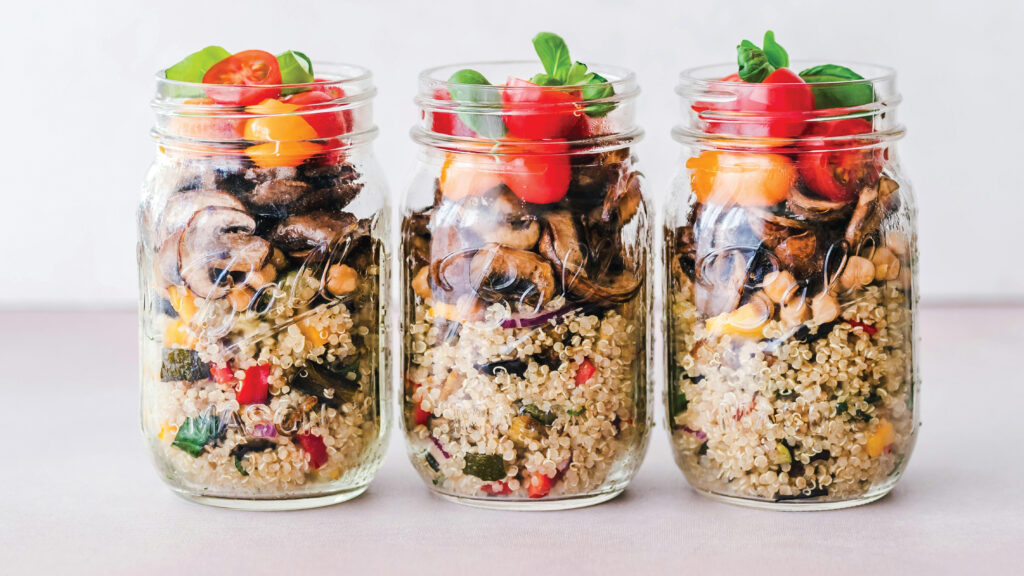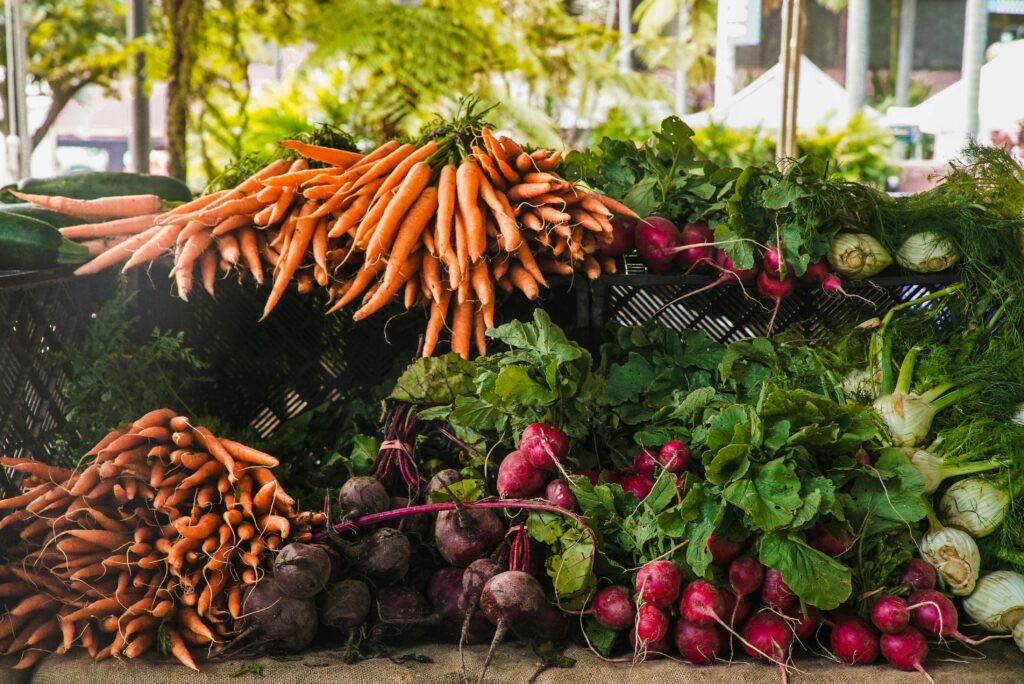Food plays a powerful role in developing a strong and resilient immune system. This simple fact means we can boost our immune system through what we eat.
This is vital as the immune system plays a powerful role in the maintenance of our health. It helps protect us from infections caused by viruses and other harmful microbes. If a person has weak or compromised immunity, it can have severe consequences. A healthy immune system, for instance, can identify tumours as foreign and may be able to contain or destroy cancerous cells.

Thus, aside from doing regular exercise and avoiding alcohol, drugs and a stressful lifestyle, for optimum health we should succour our immunity with foods that are known to play a vital role in upping our ability to combat disease and infection.
Scientists are developing a clearer picture of the role food plays, and doctors are even prescribing certain foods as medicine – clinics and health organisations in various countries offer low-income groups produce prescription programmes so they can boost their intake of fruit and vegetables. Some nutritionists are now selling so-called immunity cubes – small ice cubes packed with immune-boosting ingredients – and advocating them as part of the daily diet.
Healthy defence
A basic understanding of the immune system is valuable to health. According to New Scientist, our innate immune system is the body’s first line of defence against pathogens. It responds rapidly to general threats and can distinguish between different classes of pathogens to recruit the most effective form of adaptive immune response to eliminate them. Providing an immunological memory of the threats we have faced, it enhances our future immune responses and builds a specialised defence system.

T-cells, which attack invading pathogens and infected cells, form part of the adaptive immune response. These lymphocytes can act as ‘helper cells’ by supporting B-cells to produce antibodies. B-cells are involved in both the innate and adaptive immune system and are responsible for mediating the production of antibodies against specific threats. Antibodies recognise specific antigens – a molecule from foreign material such as a virus or pollen grain that adheres to a specific antibody or T-cell – and bind to them as a way of tagging the unwanted object for attack by the rest of the immune system.
Alternatively, antibodies can neutralise foreign material directly. Natural killer (NK) cells – white blood cells that form part of the innate immune system and provide a rapid response to viruses and other pathogens – are important players here.
Balanced immunity
A key aspect of a healthy immune system is to strike a balance between reactivity – such as warding off infection by detecting and killing bacteria, viruses, fungi and parasites – and restraint. The latter is required as the immune system can overreact when internal checks are compromised, causing it to attack the body’s own cells and proteins.

This is often the case with people who have allergies; their immune system overreacts to harmless foreign substances like pollen and peanuts and these overreactions can lead to chronic low-level inflammation and cause debilitating conditions and accelerate the ageing process.
Microbe management
Scientists now know that the digestive tract is at the heart of the immune system. The largest immune organ in the body, the gastrointestinal tract has to sift through and cope with oodles of foreign bodies and microbes on a daily basis, sorting out the helpful from the harmful. Some microbes make us ill, while many more are crucial for our health. The immune system is in regular contact with trillions of microbes living in the gut, and from this communication, signals are sent to instruct the ramping up or down of gut activity.
The vast microbiome inside our gut is the all-important bacterial community for stimulating the immune system. This vital link between gut microbiota and immunity became clear in a 2020 study by the Memorial Sloan Kettering Cancer Centre in New York, which showed for the first time that the concentration of different types of immune cells in the blood changes in relation to the presence of different bacterial strains in the gut.
Powerful foods
Furthermore, research has revealed that food plays a vital role in our gut ecology. Given the important function this organ plays in our health, it is heartening to know that scientists believe the delicate balance of the immune system can be modified naturally through diet. As the composition of our microbiome can redress chronic inflammation, any dietary intervention could be critical.

Numerous studies have highlighted the correlation between diverse, immune-healthy gut microbiota and a high-fibre diet containing vegetables, whole grains and lettuce. The likes of leeks, onion, artichokes, soybeans and cabbage are particularly rich in a variety of fibre that provides nourishment for beneficial bacteria. Other prebiotic foods with special plant fibres that help healthy bacteria grow in the gut include garlic, asparagus, chicory and bananas. It is also possible to take prebiotic supplements.
Foods such as green, leafy vegetables that dampen any inflammation after meals are thought to be vital in boosting the immune system. A team at King’s College London discovered people who regularly eat a lot of vegetables had lower levels of circulating white blood cells, resulting in fewer bouts of chronic inflammation and lower risk of chronic disease.
Fermentation focus
Consuming fermented foods such as kimchi, miso or yoghurt that contain helpful probiotics also plays a role in developing microbiome diversity and decreased inflammation markers. Probiotics are live cultures of the good bacteria normally found in your intestine. They can benefit your health by improving the balance of your gut bacteria and alleviating the harmful effects on the gut of poor diet, stress, ageing, infection or antibiotic use. A popular form is kefir, a fermented milk drink that can contain a billion bacteria. Probiotics are also available as tablets, capsules or sachets which can be added to a range of foods.

A note of caution regarding prebiotic and probiotic supplements comes from Justin Sonnenburg of Stanford University in California, who has said “very few things are solved just by popping a pill”. The professor of microbiology and immunology believes the most important factor in keeping your natural defences in good shape and maintaining a healthy gut is the overall composition of your diet.
Ultimately, foods containing essential vitamins and minerals such as vitamins A, C, D and E, as well as some of the B vitamins, plus zinc, copper, selenium, magnesium and iron will help provide micronutrients to support the immune system. Fresh raw fruit and vegetable are the best sources of vitamin C, and pulses, shellfish and unrefined cereal provide zinc. In essence, immune-boosting foods are thought to be gut-friendly foods that help microbes do a more effective job in safeguarding the immune system.



